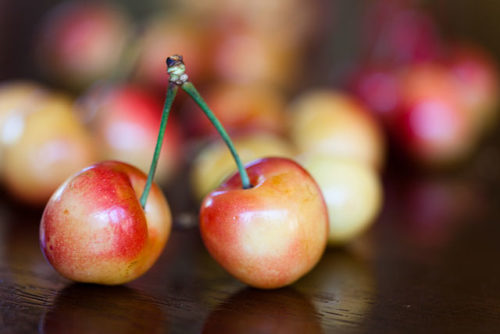SUBSCRIBE TO THE FREE NEWSLETTER
Seattle homeless turning to cars and campers
The Seattle Times reports on the increasing number of homeless people turning to cars and camper vans across the city, and how the city’s failure to craft a consistent policy is leading to uncertainty among these residents. Meanwhile, the CEO of Columbia Sportswear, a controversial opponent of Portland’s strategy on homelessness, committed $1.5 million to building new shelters.
What does Kinder Morgan’s pipeline announcement mean?
Sightline Institute examines yesterday’s announcement by Kinder Morgan that it is scaling back its commitment to the Trans Mountain pipeline expansion across British Columbia. In addition to tripling the amount of diluted bitumen it will carry, Eric de Place notes that the expansion could also increase the amount of oil flowing in the Puget Sound pipeline to Anacortes, Washington. Meanwhile, Justin Trudeau called an emergency meeting of his cabinet to respond to the Kinder Morgan announcement, and the Tyee looks at the health impacts of exporting tar sands oil.
New tariffs will hit WA cherry growers hard
NWPB reports on how cherry growers in eastern Washington are scrambling to deal with Trump’s new trade war with China, which could increase the cost of cherries to $10 a pound and significantly decrease revenues for farmers. Don Brunell, writing for the Columbian, notes that a trade war could hit Washington’s economy hard, with aircraft, apples, and wine also affected.
Black Republican Jackie Winters has shaped OR politics for decades
Portland Monthly has an interview with Oregon state senator Jackie Winters, an African American Republican who for twenty years has shaped the direction of politics in the state. “I believe in independence, I believe in entrepreneurship. I own Jackie’s Ribs and ran it for 18 years. I believe there are some things that we can do for ourselves.”
Portland gallery show inspires question: why write about art?
At Oregon Arts Watch, reviewer Paul Maziar visits the Portland gallery show “Flower(s) in Concrete” at Fourteen30 Contemporary — a minimalist juxtaposition of unrelated objects– and is inspired to delve into the question of why we write about art. “I write about shows like this because art often has the supreme capacity to change me —my mind, perception, but also my physical state of being.”
An interview with WA writer Jonathan Evison
At Crosscut, Michael Upchurch interviews Washington state writer Jonathan Evison about the winding way of his writing career, growing up on Bainbridge Island without much money, cultural appropriation, and his new novel, Lawn Boy. And be sure to read Michael’s favorable review of Lawn Boy at Cascadia Magazine.
That’s all the arts, culture, and news from Cascadia I can handle for today, hope you enjoy it! –Andrew Engelson
Photo credit: Rainier cherries by Wikimedia Commons user dnak CC BY-SA 2.0

